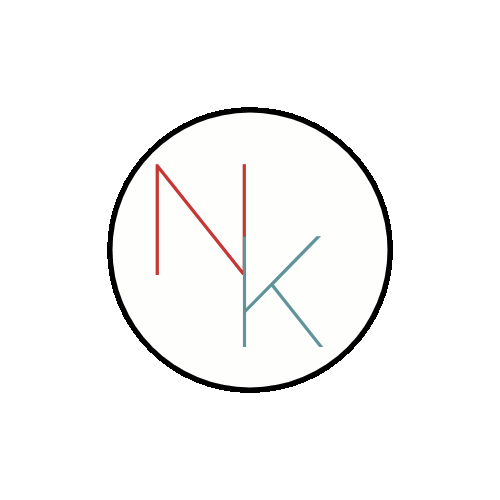Hi!
I am just so excited this week, and for one reason only: one of my favorite authors is featured on the blog. If you read my feminist dystopia roundup several weeks back, you might remember The Book of the Unnamed Midwife. I tried to be somewhat neutral in the blog - I'm no book reviewer, and I don't want to burn bridges with any colleagues. But I absolutely loved this book. And I told Instagram and Twitter so. Thus ensued a conversation with author, Meg Elison, who gave me a veritable ton of authors and books to check out. She also shared with me the short story, Hysteria, which is a take on artificial wombs that both mirrors the world of The Other Women and turns it on its head.
So, Meg's pretty amazing, and you should head over to the blog to check out the feature if you haven't already.
Today, I want to focus on one of the questions I asked her, and one I've considered quite a bit over the last few years. The question involves the barriers, benefits, and drawbacks to artificial womb technology.
I have to say, I pretty much convinced myself during the research phase of the book that we can have both "designer babies" (by which I mean babies that are created using the optimized genetic material of their parents) and in-home nursery wombs within the next hundred years or so. Meg's opinion is different, and I think makes a lot of sense. In part, she says: "...we're gonna be on Mars before we have an artificial womb. Just look at how we treat those two things in research and the answer is clear."
It's true: men (particularly white men) have been centered in medical research ever since there has been medical research. There hasn't been much research into female reproduction for this reason, and there are a ton of things we don't know. While we can technically grow mice or lambs for a small period of time in a mechanical womb, that contraption is a far cry from the complexity of a real human womb. There are a host of things we don't know we don't know about the parent-child interface; what might be lost, in the absence of a human incubator?
But think of what we would gain as a society if this technology were available. Mothers, not having to carry and give birth to a child in order to have a family, would have more freedom to choose their direction without having to leave the work force for months or years, pushing their professional aspirations to the side because they're the default caregiver. Partnerships could be more equal. We wouldn't feel like we need to choose between being a good parent and having a career.
This thought exercise is personal as well as intellectual, as this dilemma has appeared in my life in a lot of different ways over the 10 years since I had my first child.
So, those are some benefits. But what about the drawbacks? In the book the nursery womb isn't an option; it's required. And infant girls are sterilized so they can't make the choice whether or not to carry their children when the time comes. So, that's not cool - the government meddling in our reproductive rights. But in the situation where parents can make their own decision about what to do, It's honestly hard to think of any drawbacks.
What do you think? What - good or bad - do you think could come from having the option to grow your baby artificially?
Reply and let me know. I can't wait to hear your ideas.
Until next time,




